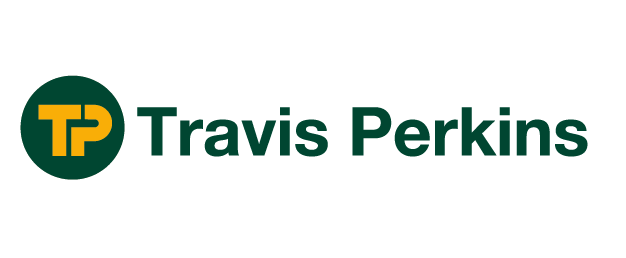)
From legacy systems to a secure, scalable cloud platform
With AWS and Storm Reply, Travis Perkins modernised its IT backbone—streamlining operations, reducing complexity, and enabling teams to innovate at speed
#CloudTransformation
#AWS
#DigitalMigration
#DigitalModernisation
the challenge
Migrate 100+ workloads from legacy data centres to a secure cloud platform
The scenario
Building a scalable foundation for a 200-year-old industry leader
As a market leader serving trade customers for over two centuries, Travis Perkins required an IT backbone capable of supporting a complex national footprint. Partnering with Storm Reply and AWS, the company pursued a phased, low-risk path to modernisation, migrating workloads to the cloud while maintaining business continuity and stakeholder confidence.

The solution
A secure, automated cloud platform on AWS
Working with Storm Reply, Travis Perkins implemented a secure, multi-account cloud environment on AWS using Control Tower and the Landing Zone Accelerator. This setup provides a solid foundation for governance and security while allowing the infrastructure to scale seamlessly as the business grows.
Through twelve structured migration waves, more than 100 workloads — around 650 servers — were moved to AWS. The process was guided by automation, a security-first design, and continuous AWS reviews. This approach helped reduce operational risk, speed up delivery, and ensure long-term stability and maintainability of the new environment.
The Technology Behind It
Cloud transformation through the AWS ecosystem
The AWS Cloud environment, designed and implemented by Storm Reply — an AWS Premier Consulting Partner — provides the underlying architecture for Travis Perkins’ modern IT ecosystem. Leveraging Infrastructure-as-Code and CI/CD automation with Terraform, the team ensured consistency, reliability, and scalability across deployments.
Core systems were modernised and rehosted on Amazon EC2, Amazon RDS, and container-based environments, creating a flexible and efficient foundation ready to support future innovation and continued digital transformation.
The result
Agility at scale enabling future growth and potential
Travis Perkins has modernised its IT infrastructure, enhancing resilience, efficiency, and visibility across operations. The migration to AWS created a scalable, future-ready platform that supports multiple languages and markets, while automation and standardised pipelines reduced case-processing time by 35% and stabilised service levels.
In addition, real-time dashboards and automated reporting now provide full visibility into SLA performance and key operational metrics, enabling faster and more informed decision-making.
By decommissioning legacy infrastructure and embedding security at every layer, Travis Perkins improved its overall security posture while freeing teams to focus on higher-value business initiatives.
The exit from traditional data centres released capital assets and converted costs to a scalable opex model. Repurposed real estate created modern office and collaboration spaces.
Migrating from owned data centres to AWS reduced energy consumption and aligned with Travis Perkins’ environmental goals.
With infrastructure management largely automated, IT teams now focus on innovation and enabling new customer and partner experiences.
Travis Perkins
Travis Perkins is the UK’s largest distributor of building materials, supporting trade customers nationwide. With over 200 years of heritage, the company provides essential products, services, and expertise to help professionals build better, faster, and more sustainably.

Storm Reply

Storm Reply is the Reply Group company specialised in the design and implementation of innovative cloud-based solutions and services. With deep expertise across IaaS, SaaS, and PaaS, Storm Reply helps leading enterprises worldwide design, build and operate cloud systems. An AWS Premier Consulting Partner since 2014 (and MSP since 2013), Storm Reply holds multiple AWS competencies including Financial Services, Security, Machine Learning, SaaS, Data & Analytics, DevOps, Industrial Software, IoT, Migration and Oracle.